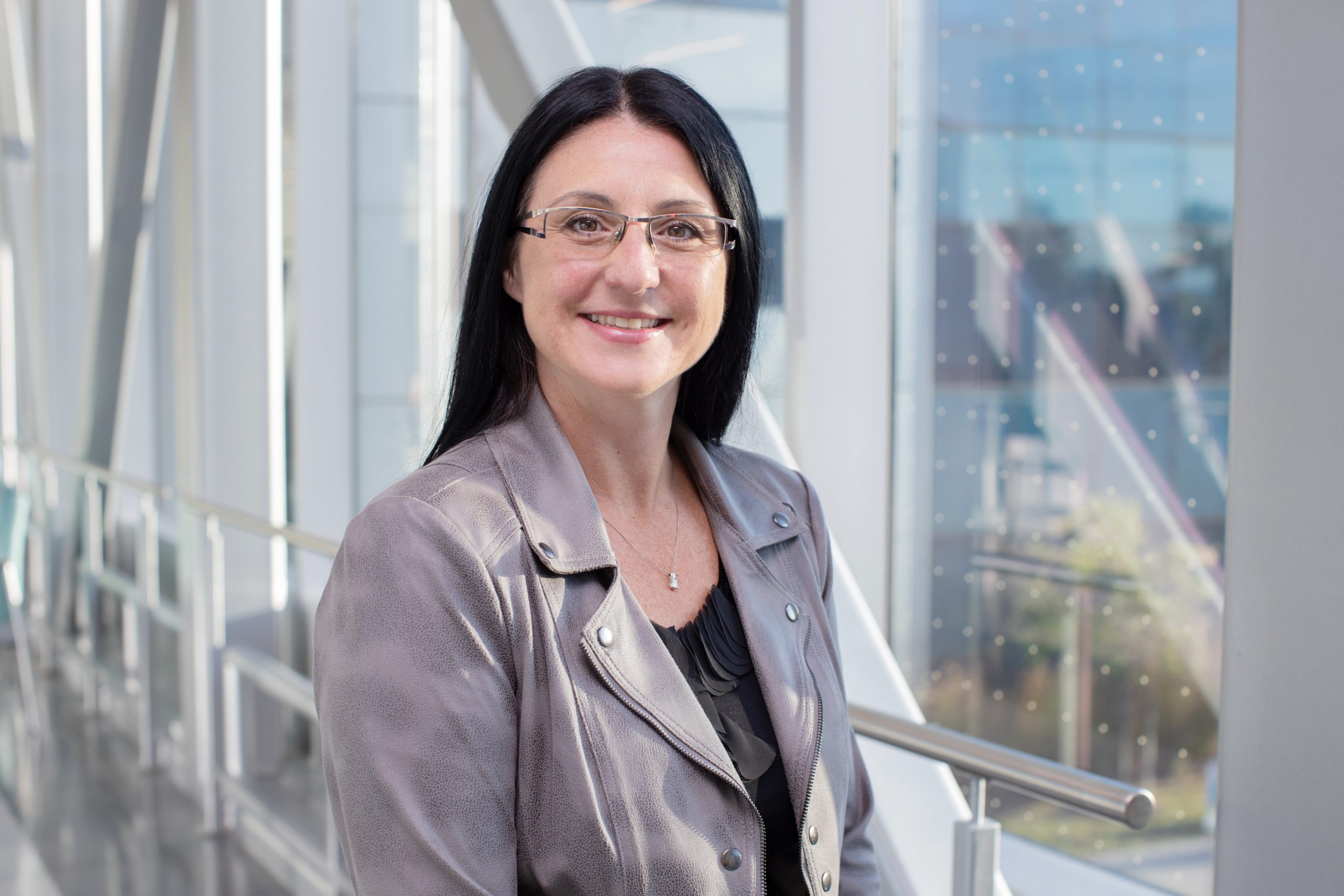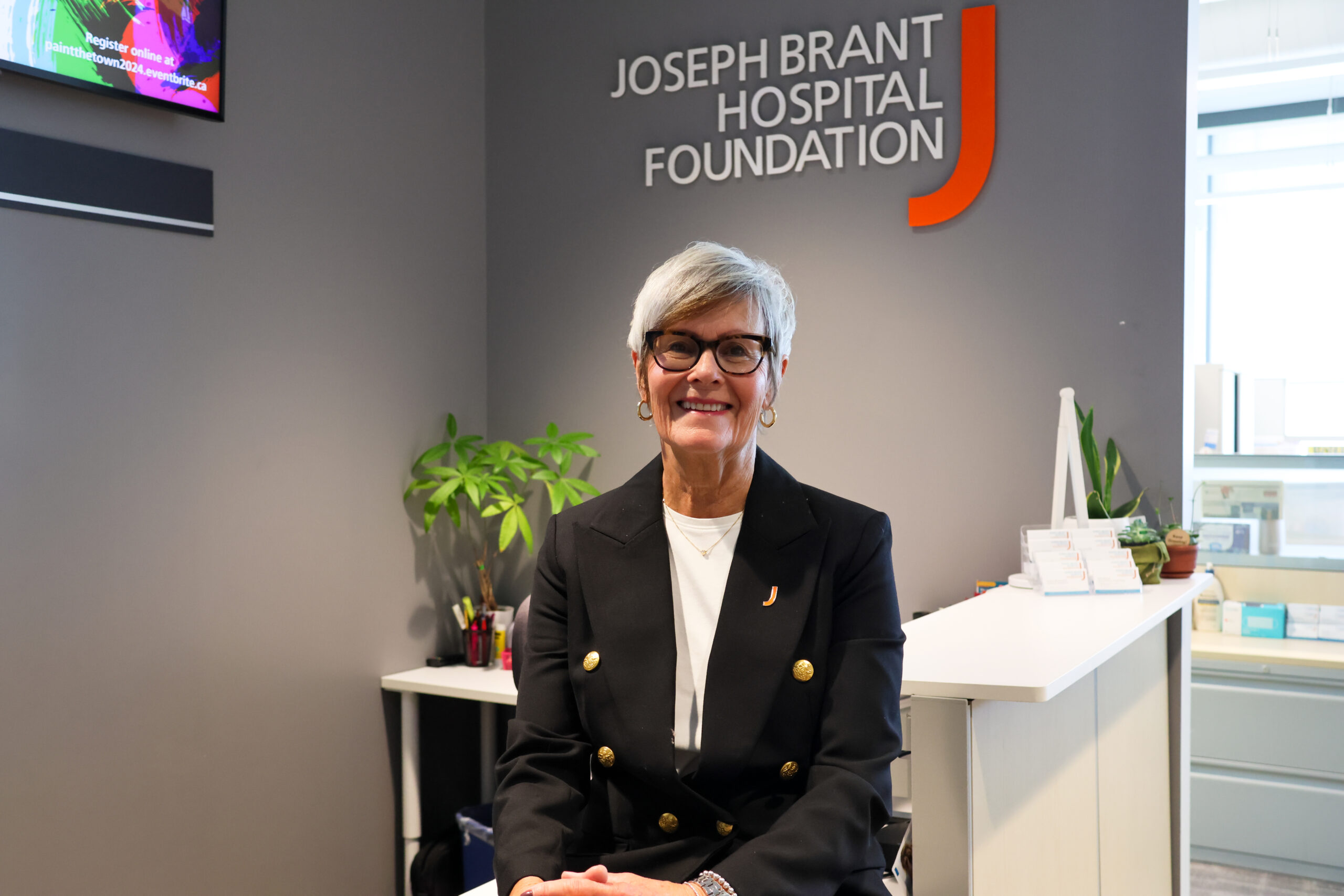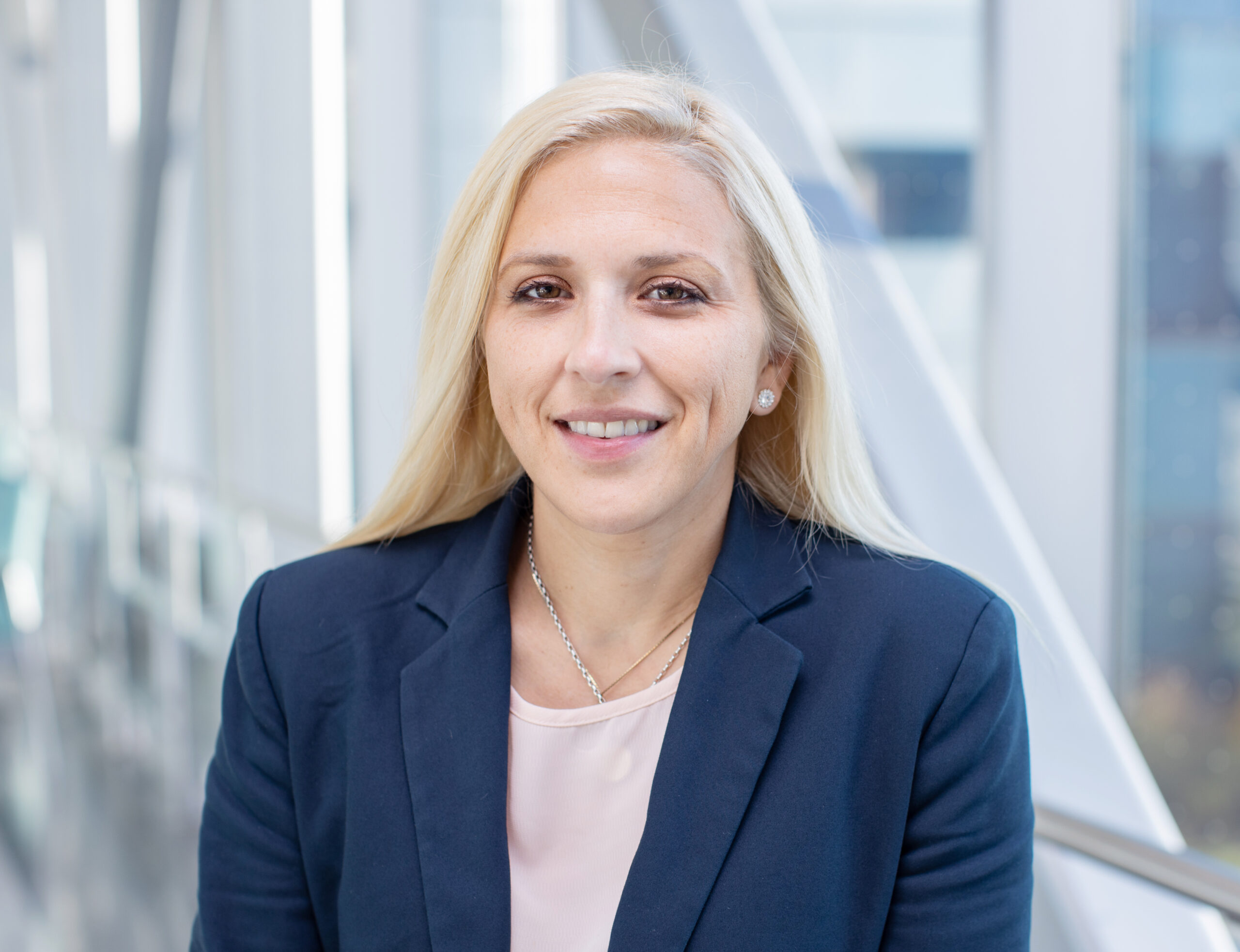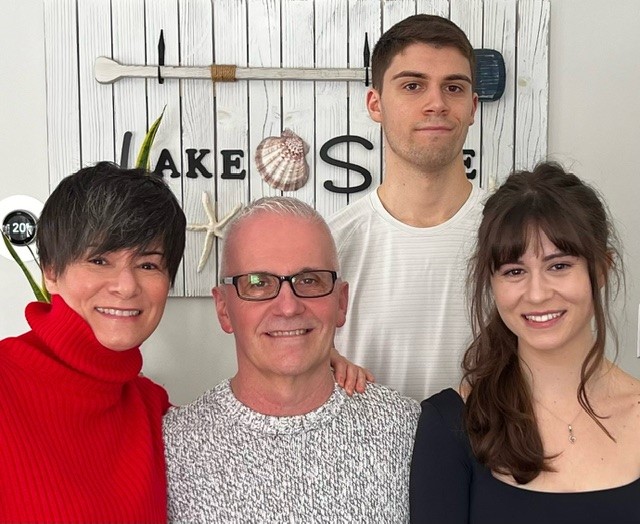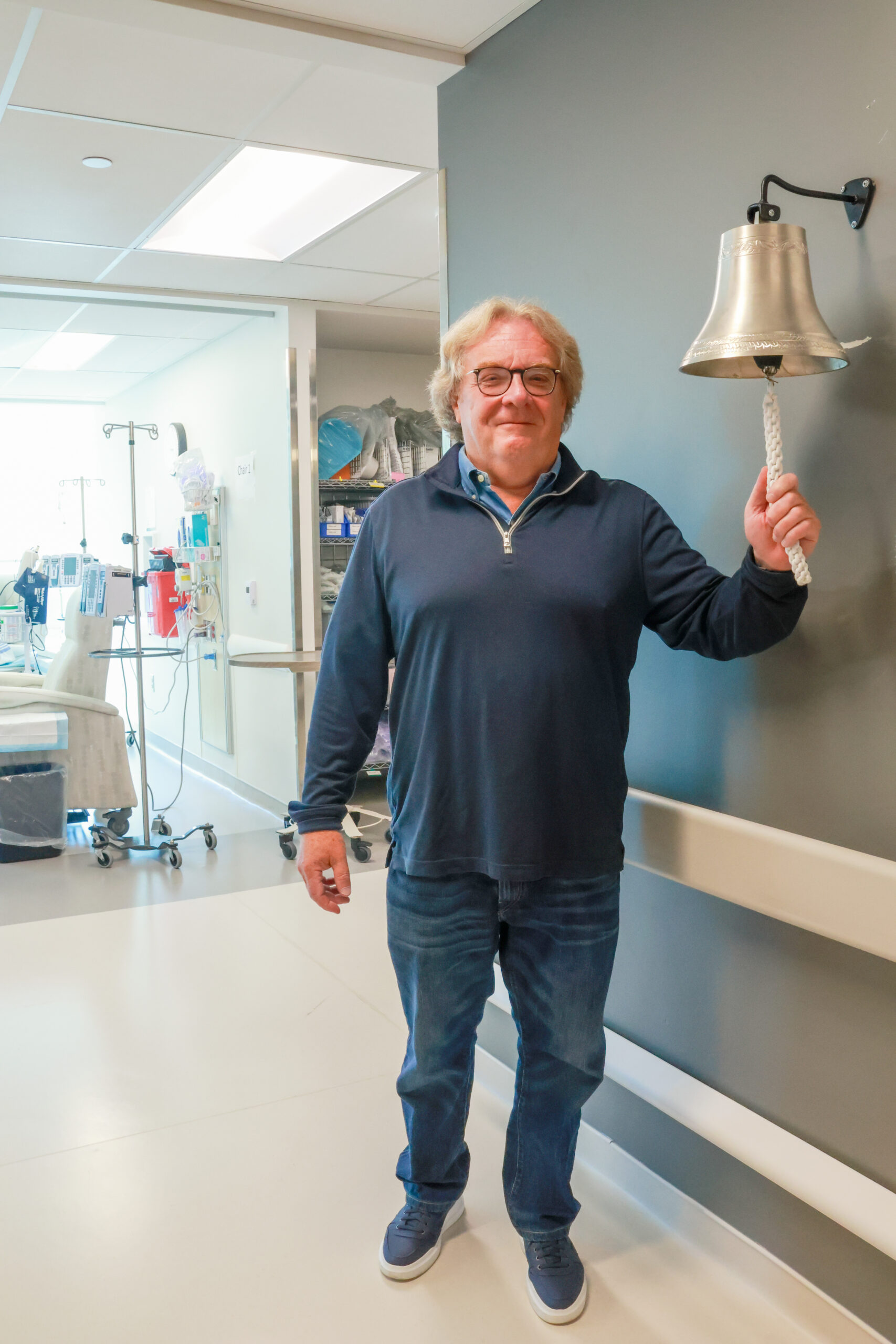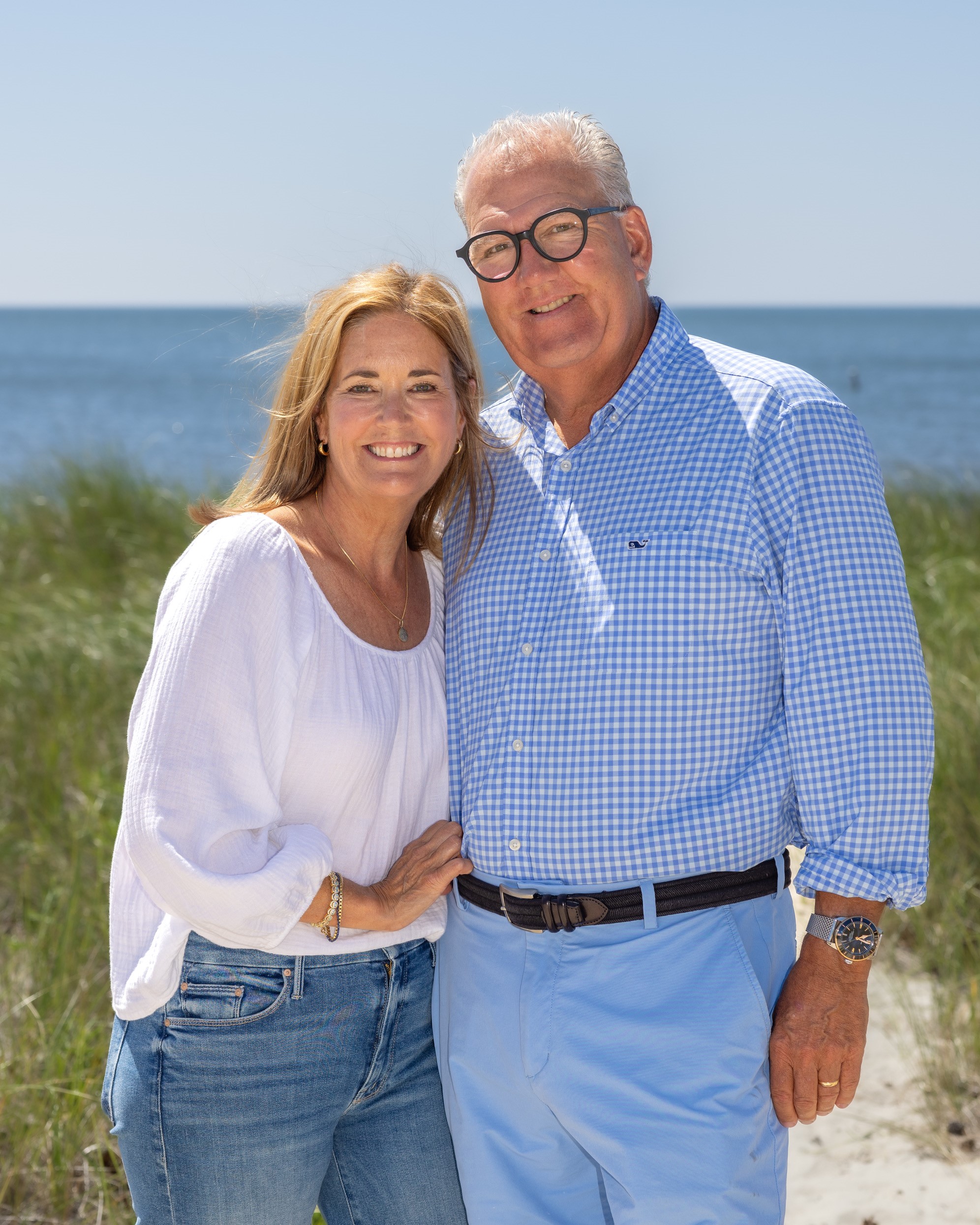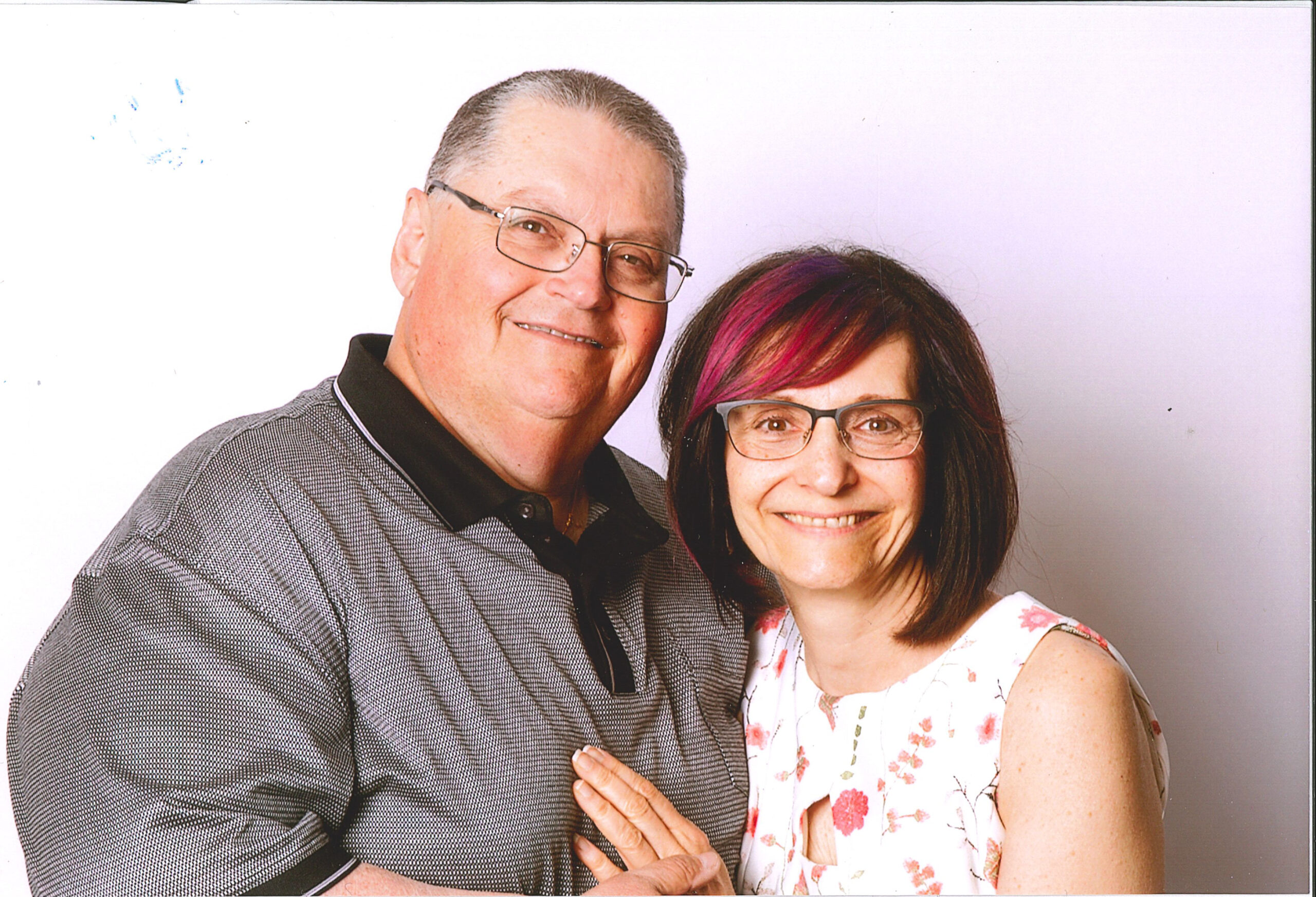A month prior to graduation, everything changed again. Olivia’s teacher reported that she was displaying a change of behaviour in the classroom.
“I was unfocused, energized, running up and down the stairs, standing on desks, easily distracted, talkative, and my medications were no longer working,” she said. “My psychiatrist started the process to reassess my original diagnosis.”
The day before her 18th birthday, she was diagnosed with bipolar disorder. While the news was difficult to receive, Olivia and her family were grateful to have such rapid access to the psychiatrist. Because of this, they were able to avoid hospitalization and medication changes were quickly made which helped to stabilize her symptoms.
Despite all of this, Olivia graduated with highest marks in her class, won an award for most volunteer hours and was nominated for a community award for her outreach efforts. While she was accepted into all her university choices, Olivia had unfortunately lost her confidence.
“My brief manic episode made my anxious of becoming unstable while at university,” she said. “I was fearful of being away from the support of my family and psychiatrist who could help recognize the symptoms and provide me with the tools I need to promote stability.”
Ultimately, she settled on attending a small university close to home. Unfortunately, the stress was too much and she destabilized during second semester and had to withdraw. Her mood became extremely low and a hospitalization was needed to restabilize. She attempted university two more times, but couldn’t complete a year as she would become very depressed and lose all focus and motivation. It was disheartening since so much hard work and effort had been made to get Olivia to university.
“I had always dreamed of becoming a teacher, but realized that this was not going to be possible if I couldn’t even complete one year of university,” she said. “I knew deep down that I wanted to work in some type of helping profession.”
Olivia heard about Bethany Residence, which is a supportive housing facility for adults with severe and persistent mental illness, and has been working there for nearly three years. Olivia recently completed a Peer Support Course and draws on this for her work. She provides personal support and care to the residents and teaches her residents healthy coping strategies and encourages them to use these strategies when they feel dysregulated.
“I will often share my own experience with mental health, which connects me to the residents,” she said. “It helps them to know that I understands what this struggle can feel like and gives them hope that through proper treatment, medication and management, stability is possible.”
Olivia is still connected to a psychiatrist through Community Mental Health at Joseph Brant Hospital. Through consistent monitoring, her symptoms are quite well managed. She works full time and recently moved out on her own which has given her the hope that a “normal” life is possible.
“I know that I need to manage my illness and be aware of the signs and symptoms. Early detection of symptoms and intervention is my best defense and I am grateful for the support of the clinic at JBH,” she said. “It is reassuring to know that I am being monitored closely and that there is support available if I begin to become unstable.”
While Olivia’s life is different from how she envisioned it, she has made the best of this difficult situation and challenging diagnosis. She has not let it dampen her spirit and is not defined by her diagnosis. She is working hard to build her life and to find meaning in her experience.
“I want others to know that with the right treatment and the right attitude that recovery is possible,” she said.
Olivia will be helping with this year’s Walk to the Lighthouse.
“Last year a few of the residents from Bethany joined the walk for the first time,” she said. “This year, it is our hope to have many more residents, families and staff walk in support of Mental Health and Addiction Services at JBH.”
You can learn more about the Walk to the Lighthouse at https://walktothelighthouse2024.funraise.org/.


